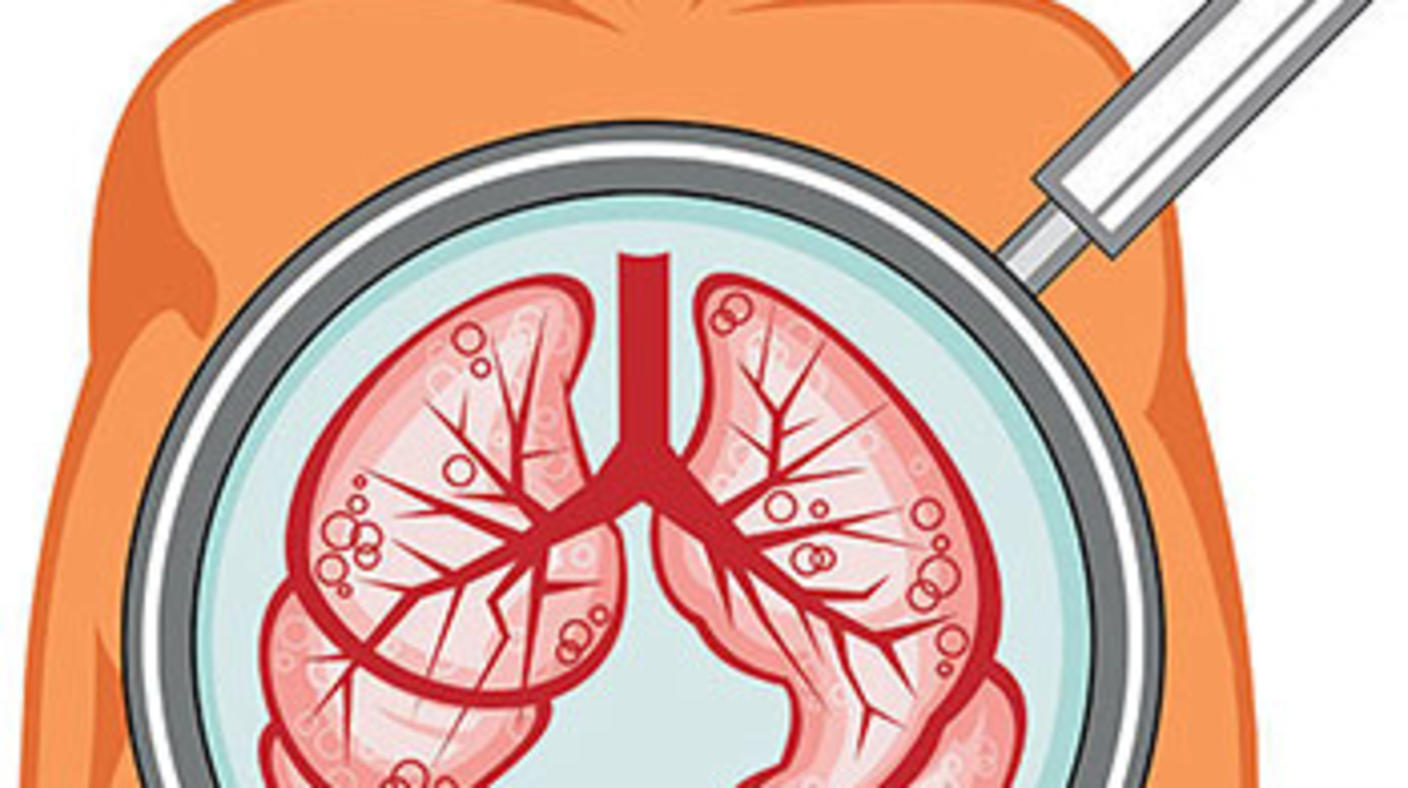DCEG studies the role of environmental and host factors in the development of a wide range of common and rare cancer types. Descriptive epidemiology utilizes large-scale databases to monitor exposures and cancers to identify areas of public health concern, while analytical epidemiology conducts in-depth investigations of established and novel risk factors for cancer. DCEG is committed to establishing and maintaining a wide range of resources, including study populations with rich data and biospecimen resources to address etiological questions.
DCEG also prioritizes distinct studies in understudied or special populations (e.g. highly exposed populations due to occupation, underrepresented minorities, geographical location, or accidents), and well-powered studies that leverage existing resources.
Following are examples of DCEG cohort studies:
General population cohorts
Alpha-Tocopheral Beta-Carotene Cancer Prevention (ATBC) Study
Connect for Cancer Prevention Study
NIH-AARP Diet and Health Study
Prostate, Lung, Colon, and Ovarian (PLCO) Cancer Study
Shanghai Women’s Health Study
Occupational cohorts
Agricultural Health Study
Benzene-Exposed Workers in China
Cohort Mortality Study of Dry Cleaning Industry Workers
Cohort Mortality Study of Philadelphia Firefighters
Diesel Exhaust in Miners Study
Interventional Fluoroscopists
NCI Acrylonite Cohort
U.S. Radiologic Technologists
Environmental Exposure Cohorts
Methodologic Studies of Radioactive Fallout
Thyroid Disease in Young Persons Exposed Near Chornobyl
Medical Conditions or Treatment Cohorts
Chile Biliary Longitudinal Study (Chile BiLS)
Childhood Cancer Survivors
Costa Rica HPV Vaccine Study and Long-Term Follow-up
DES Follow-up Study
ESCUDDO Efficacy Trial
Follow-up Study of Women in the Fracture Intervention Trial
HIV/AIDS Cancer Match Study
Nutritional Intervention Trials in Linxian, China
PRIMAVERA Immunobridging Trial
PRISMA Efficacy Trial
Pediatric Proton and Photon Therapy Comparison Cohort
RASopathies Study
Retinoblastoma Survivors Follow-up Study
Second Primary Gastrointestinal Cancers
Study of Women Evaluated and Treated for Infertility
Transplant Cancer Match Study

